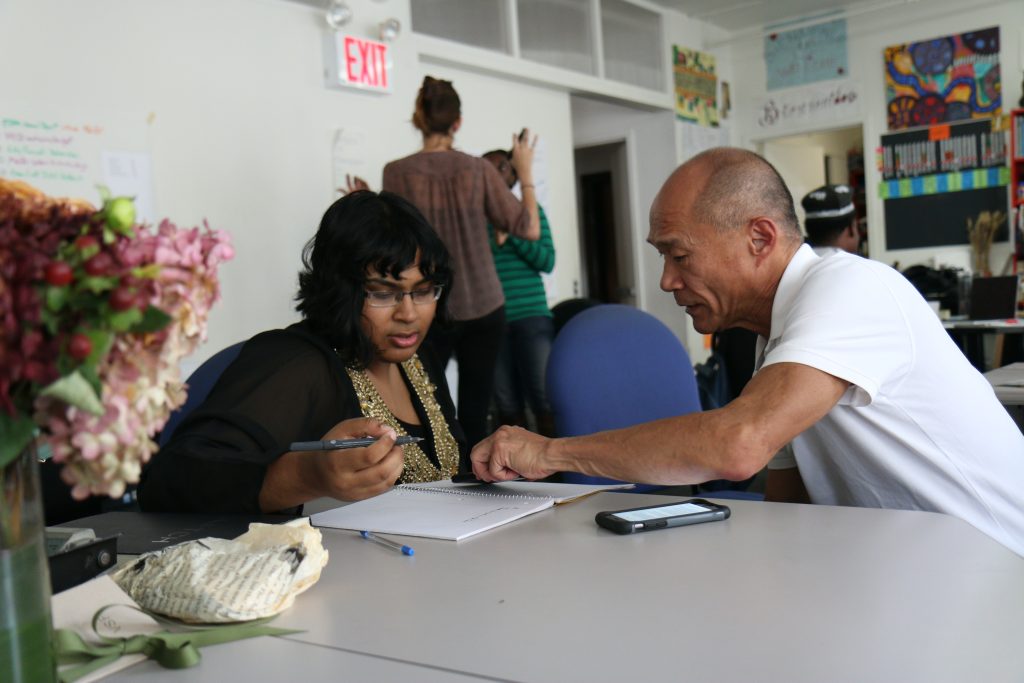
Are you thinking of things to do after a bachelor’s degree in psychology? if yes then you are in the right place as in this blog post, we have gathered from researchers and professionals in the area of psychology the things that every fresh graduate in this field ought to do right after obtaining the degree.
Things to do after a Bachelor’s Degree in Psychology in 2023

1. Gain work experience
Psychology graduates should consider taking on internships or volunteer work in their field to gain practical experience and build their professional network.
2. Consider further education
If you’re interested in advancing your career in psychology, consider pursuing a master’s or doctoral degree in psychology or a related field.
3. Specialize in a particular area
Consider specializing in a specific area of psychology, such as clinical, educational, or social psychology, to become a more competitive candidate in the job market.
4. Get licensed
If you want to work as a psychologist, you’ll need to become licensed in your state. Research the requirements for licensure and start preparing for the necessary exams.
5. Seek out professional development opportunities
Attending workshops, conferences, and online courses can help you stay up-to-date with the latest research and trends in psychology and improve your skills.
6. Network with other professionals
Join professional organizations, attend events and conferences, and connect with other psychology professionals to build a strong network and gain new insights into your field.
7. Get involved in research
Participate in research projects, either through your school or with a local research organization, to gain hands-on experience and make a valuable contribution to the field of psychology.
8. Volunteer
Volunteering in community organizations, mental health clinics, or schools can provide valuable experience and help you make a positive impact in your community.
9. Learn a new language
Learning a new language, such as Spanish or Mandarin, can be useful for working with a diverse client population and expanding your career opportunities.
10. Take care of your well-being
Maintaining good mental and physical health is crucial in the field of psychology. Take care of yourself through exercise, healthy eating, and engaging in activities that bring you joy and relaxation.
11. Read and stay current
Stay up-to-date with the latest research and trends in psychology by reading academic journals, books, and news articles.
12. Teach or mentor others
Sharing your knowledge and skills with others by teaching or mentoring can help you develop your leadership skills and make a valuable contribution to your field.
13. Start a blog or podcast
Consider starting a blog or podcast to share your thoughts and insights on psychology and engage with a wider audience.
14. Get involved in advocacy
Advocate for important issues in psychology, such as mental health awareness and access to mental health services, by participating in campaigns and events.
15. Work with underserved populations
Consider working with underserved populations, such as refugees, homeless individuals, or individuals with disabilities, to gain new perspectives and make a positive impact in your community.
16. Participate in cultural immersion programs
Participate in cultural immersion programs to gain new perspectives, broaden your cultural awareness, and expand your global network.
17. Seek out opportunities to study abroad
Consider studying abroad to immerse yourself in a new culture, gain new experiences, and expand your professional network.
18. Engage in self-reflection
Regularly engage in self-reflection to assess your personal and professional goals and to gain new insights into your strengths and weaknesses.
19. Collaborate with other professionals
Collaborate with other professionals, such as social workers, educators, and healthcare providers, to gain new perspectives and make a positive impact in your community.
20. Join a peer support group
Join a peer support group, such as a local psychology association, to connect with other professionals, share your experiences, and gain support and guidance.
Importance of considering these 20 things after obtaining a bachelor’s degree in psychology

It is important to consider these 20 things after obtaining a bachelor’s degree in psychology for several reasons:
- Career Advancement: Many of these actions, such as gaining work experience, seeking out professional development opportunities, and becoming licensed, will help you advance your career in psychology and become a more competitive candidate in the job market.
- Personal Growth: Engaging in activities such as cultural immersion programs, volunteering, and self-reflection can help you gain new perspectives and insights into yourself, leading to personal growth and increased well-being.
- Networking: Joining professional organizations, attending events and conferences, and connecting with other psychology professionals can help you build a strong network of contacts that can be beneficial in your future career.
- Gaining Knowledge: Keeping up-to-date with the latest research and trends in psychology by reading academic journals, books, and news articles, as well as participating in research projects, can help you gain a deeper understanding of your field and become a knowledgeable professional.
- Making a Positive Impact: Engaging in advocacy and volunteering, as well as working with underserved populations, can help you make a positive impact in your community and contribute to the betterment of society.
- Career Diversity: Specializing in a specific area of psychology and learning a new language can increase your career options and make you a more versatile candidate in the job market.
Conclusion
In conclusion, pursuing these 20 things after obtaining a bachelor’s degree in psychology can help you achieve your career and personal goals, make a positive impact in your community, and lead a fulfilling and satisfying life.
Leave a Reply